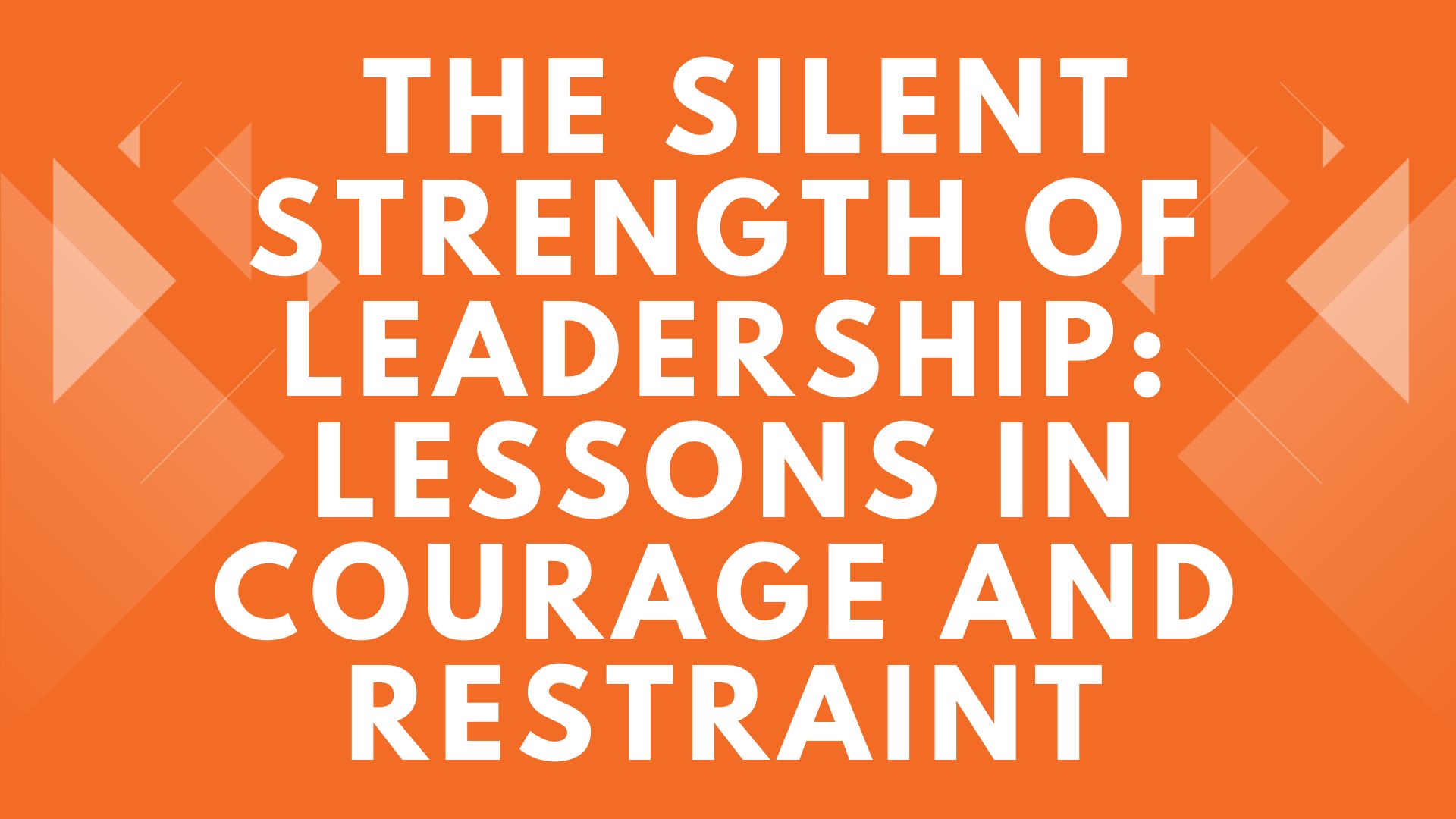It looks like we’re going to have to hunker down for a while, given this pandemic. Despite all our prayers, social distancing protocols, and constant sanitization, COVID-19 is deciding to stick around.
Many of the world’s companies have shifted to a flexible system or complete work-from-home arrangement. Some studies on remote work show it is productive and results in more than three additional weeks of work per year. While it may seem good on the surface, it can be tricky if you’re not disciplined. I mean, who doesn’t want to cut out hours of the daily commute and spend some more time with the family?
The issue is that most persons aren’t used to working from home. Online entrepreneurs and small business start-ups had an idea of how to progress since it was how they usually functioned. However, the usual 9 – 5 workers may need a bit of catching up.
Let’s briefly explore some simple tips to get you working at your best while at home.
Maintain A Workspace
Your old office may have been dull and mundane, but it had some structure. You had a desk, some equipment for work, and possibly even a cubicle or entire office space for yourself.
Try to find an area at home to replicate this. Most persons may not have a fancy desk but at least ensure a room or small space is specifically used for work tasks. This is essential to remove distractions, stay focused, and remain productive.
Ensure family members and room-mates honour where you set-up to work. Make them know the more you stay attentive, the easier it will be to finish your work and be with them in your free time.
Set A Schedule And Stick To It
Creating a schedule may seem time-consuming, but it enables you to work more efficiently. Make a task list at the start of every week. Evaluate and adjust it each morning before the start of work. Ensure your tasks are aligned to the eventual goals and targets of your role.
Know which assignments are urgent versus important. Urgent jobs take you closer to your main aims and goals or could also be time-sensitive. Important functions tend to be the usual daily duties. Check your daily task list and ensure you’re crossing off urgent tasks regularly. Skip these, and you will realize a drop in overall productivity.
Take Regular Breaks
Attempt to keep your mind clear and your body sharp. It’s neither healthy nor wise to sit still at a desk for hours on end. Not only does it slow your metabolism, but your mental clarity will suffer. Studies show that sitting at a desk for long hours is just as likely to give you obesity or help develop lifestyle diseases. You may even consider using a standing desk.
Set an alarm for every 45 – 60 minute period. Check-in on yourself and move around the house a little, stretch, or do something relaxing. Also, you should take time daily to eat properly – emphasis on the “properly.” If you don’t eat well, your body won’t have the right nutrients or fuel to allow you to function at your job.
Periodically, go outside and get some fresh air and light. Staying cooped up will reduce your sense of openness and connectivity to the world. Sunlight and oxygen are also vital for your state of happiness, mental alertness, and normal bodily functions.
Don’t Overdo It
With the increased need for online communication, sometimes it may be tempting to stay longer at work than usual. The reason you had an eight-hour workday was to ensure you didn’t suffer from fatigue.
Next time an associate or co-worker sends an email or message outside work hours, evaluate if it’s necessary to respond. If it’s not urgent, try to keep that task for the next workday and schedule time for it. Additionally, if a video conferencing meeting is slated for an inopportune time, don’t be afraid to say no to it. You can easily request a reschedule, a follow-up email, or meeting notes from the discussion.
Manage Work Relationships
A survey study by Airtasker mentioned that the “majority (70%) claimed that work and relationships with co-workers were equally important.” Workers tend to need interaction to stay sociable and connected to their peers. Work relationships also impact your stress levels, productivity, and happiness. Nevertheless, manage your time to ensure these relationships are healthy and flourishing. Balance the discussions to minimize lost time. Then once your workday is finished, prioritize your other relationships with family and close friends.
What’s your pet-peeve about working from home? What other tip have you found useful to assist with your work-from-home status? Sound off in the comments.
About the Author:
Joneil J. Alcock is a digital marketer by day and a “Superman” by night. When he’s not helping his mentors to run online campaigns, he can be found discussing Christ’s love. Somewhere between working and teaching, he finds time for a great book or an action-packed Netflix show. If you fancy a chat, catch Joneil on Instagram, or email him joneiljalcock[at]gmail.com.








